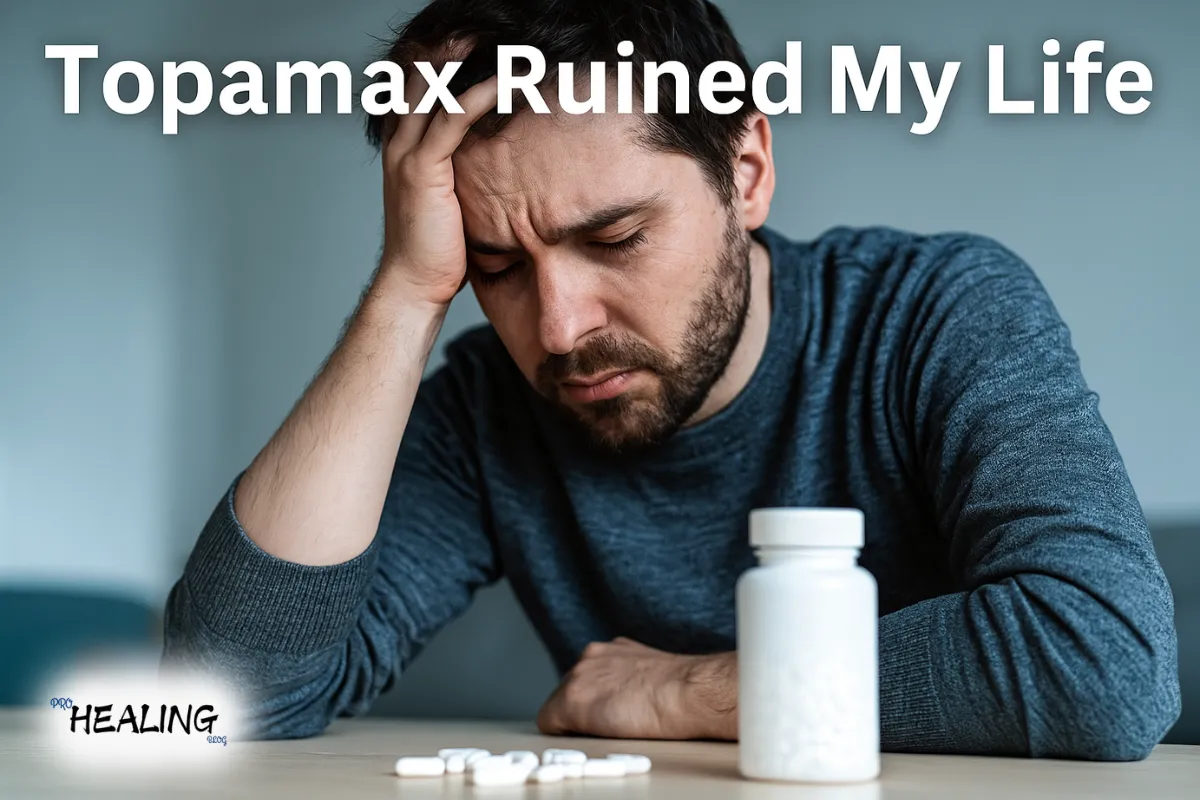The procedure of heating, drying, and grinding the placenta into a fine powder and then putting it into capsules for consumption is known as placenta encapsulation. Because of the possible health benefits, this practice has become more and more popular, particularly among new mothers.
Although placenta eating has long been used in traditional Chinese medicine, it has recently gained popularity as a health fad supported by celebrities. In order to benefit from the purported advantages of placenta absorption, many women look for these services.
What is the Purpose of Placenta Encapsulation?
Restoring vital nutrients and hormones that the body loses following childbirth is the main goal of placenta encapsulation, which aids in postpartum recovery. Proponents think it can help with:
- Postpartum hormone balance
- Lowering postpartum depression risk
- Elevating vitality
- Increasing the production of milk
- Elevated iron levels
See Also: Healing Herbs and Medicinal Plants List: Nature’s Remedies
Benefits: What Does Research Say?
Although there is currently little scientific data on the advantages, many women who have tried it report excellent results. Below is a summary of the possible advantages:
1. Hormonal Balance
Estrogen, progesterone, and oxytocin, which are found in the placenta, aid in mood regulation, stress reduction, and improved attachment to the unborn child.
2. Postpartum Depression Prevention
Placenta capsules, according to some moms, can lessen the risk of postpartum depression (PPD) and calm mood swings. Research on placenta encapsulation is still equivocal, nevertheless, regarding whether the effects are the result of genuine hormone restoration or placebo.
3. Improved Iron Levels
Iron from the placenta can increase energy and help prevent postpartum anemia. The NHS and other medical professionals warn that the iron content might not be sufficient to take the place of iron supplements, though.
4. Milk Supply Enhancement
Despite the lack of clear scientific evidence, many women think that eating placentas increases the production of breast milk.
When is it NOT Safe to Encapsulate Placenta?
Although placenta encapsulation is usually regarded as safe when carried out by qualified specialists, there are a few circumstances in which it could be dangerous:
- Pregnancy-related infections (such as Group B Streptococcus and chorioamnionitis)
- Improper handling or contamination of the placenta
- Excessive use of medications during pregnancy (which may alter the makeup of the placenta)
- Improper postpartum storage
Consult a qualified placenta encapsulation professional and adhere to the appropriate safety precautions if you are thinking about placenta encapsulation.
See Also: Marjoram Health Benefits: Uses in Medicine & Homeopathy
Why Do Celebrities Eat Their Placenta?
Celebrities who have publicly discussed their experiences, such as January Jones, Alicia Silverstone, and Kim Kardashian, have made placenta encapsulation popular. The idea that it promotes mental wellness, general health, and postpartum recuperation is what is driving the craze.
Placenta Encapsulation in Islam: Is It Permissible?
Islamic belief holds that the human body is sacred, hence it is generally forbidden to eat any part of it. Because the placenta is a biological component of the mother’s body, some academics contend that eating it is prohibited. They liken it to human tissues that are normally not eaten, like hair or nails. Furthermore, there is a worry that ingesting body substances would go against the Islamic teachings’ emphasis on cleanliness and dignity. Conservative scholars typically rule against its use, citing the general prohibition of consuming substances derived from humans, because the Quran and Hadith do not provide precise instruction on the matter.
However, some academics support it in certain situations, especially when there is an obvious medical advantage. They contend that consuming the placenta might be compared to utilizing some medicinal therapies that are taken from human sources because it is not an important organ and is ejected from the body after childbirth. Some Islamic viewpoints may allow its use if it is prepared hygienically and consumed for therapeutic purposes rather than as food, as long as no other treatment is available. Since perspectives differ, people who are thinking about this activity from a religious standpoint are advised to seek advice from an informed Islamic scholar according to their particular school of thought.
UK & NHS Perspective
Private professionals in the UK offer placenta encapsulation services. However, because to a lack of scientific proof about its efficacy and safety, the NHS does not formally support placenta intake.
Benefits and Risks: Should You Try It?
Pros:
- A natural supply of nutrients and hormones
- Possible increase in energy
- Could facilitate the healing process after giving birth.
Cons:
- Inadequate scientific investigation
- Potential hazards of contamination
- Not appropriate for every mother
Final Thoughts
Both proponents and detractors find placenta encapsulation to be an interesting process. Although many moms vouch for its advantages, additional scientific studies are required to validate its effects. Choose a certified specialist and talk to your healthcare practitioner about it if you’re interested.
See Also: Onion Cough Medicine: Natural Remedy, Benefits, and How to Use It
FAQs
Is placenta encapsulation safe?
If a competent professional performs placenta encapsulation while adhering to appropriate handling and storage procedures, it is usually regarded as safe. On the other hand, infections and contamination might be dangerous.
What are the benefits of placenta encapsulation?
Hormonal balance, more vitality, better milk production, and a quicker recovery after giving birth are some possible advantages. There is currently little scientific proof, though.
Can placenta encapsulation help with postpartum depression?
There is conflicting evidence on whether the mood stabilization seen by some moms following placenta capsule consumption is the result of hormonal benefits or the placebo effect.
Are there any risks associated with placenta encapsulation?
Potential contamination, the existence of bacteria or poisons, and a lack of scientific support to ensure its efficacy or safety are among the risks.
Does the NHS support placenta encapsulation?
Because of the absence of solid scientific proof for placenta encapsulation’s advantages and safety issues, the NHS does not formally support it.






